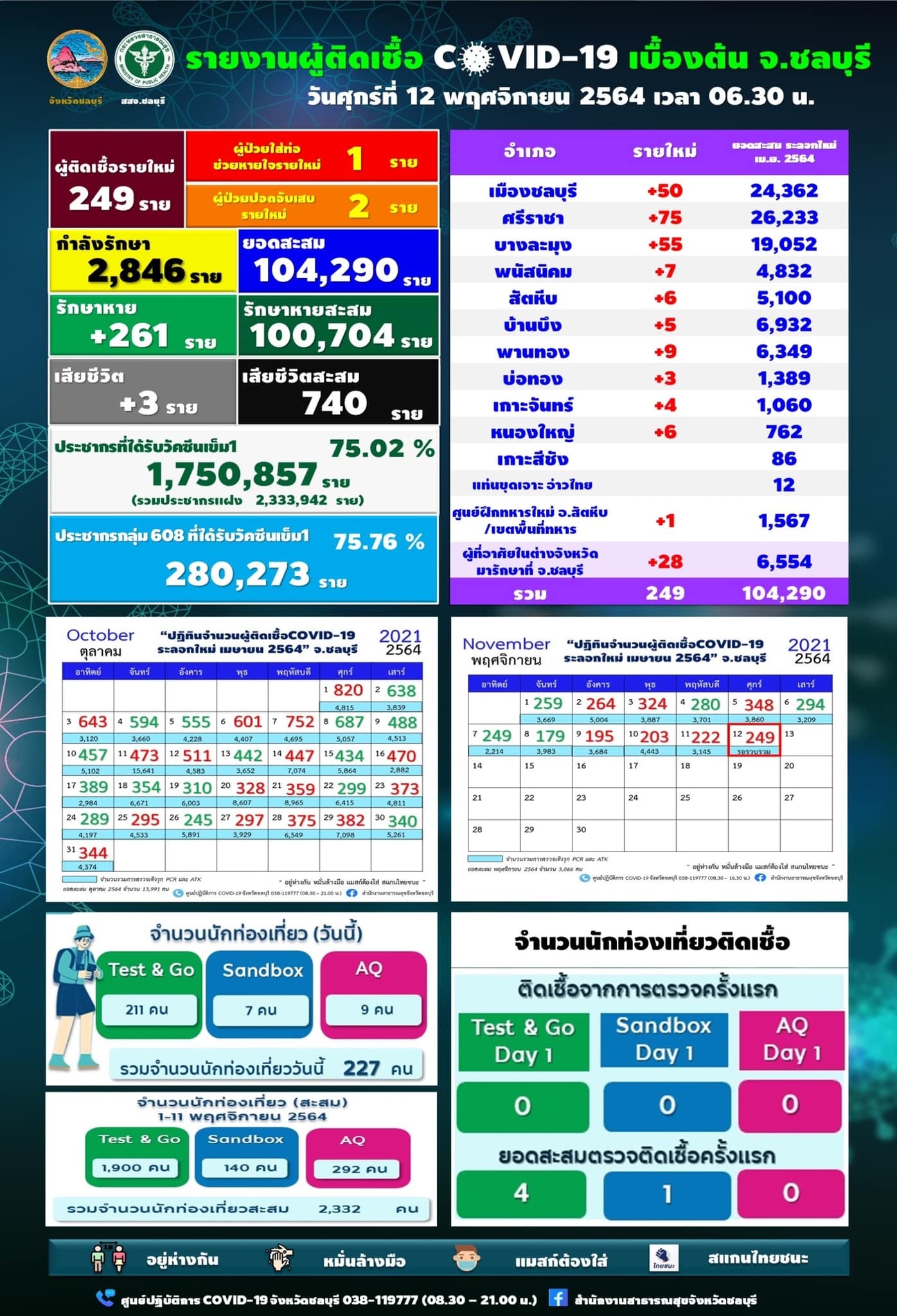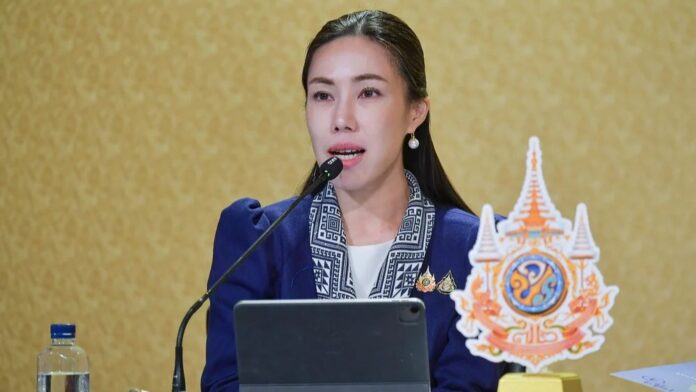
King Maha Vajiralongkorn of Thailand has returned to Germany – together with 30 poodles – after spending more than a year away from his adopted home in the Bavarian alps, according to German media reports.
The tabloid-style Bild newspaper published a picture of what it said was the 69-year-old monarch wearing a dark brown and orange Adidas track suit on the way to the public swimming pool of the Hilton Airport hotel in Munich.
The newspaper said the king had arrived in Munich on Monday (Nov 8) and that a 250 member entourage had booked the entire fourth floor of the airport hotel for 11 days.
Visitors to Germany from areas it considers "high risk" such as Thailand are subject to a quarantine of at least five days unless they can show proof they are fully vaccinated or have recovered from Covid-19 infections.
The picture that Bild published showed an elderly man resembling the monarch wearing a mask and escorted by a younger woman wearing a similar track suit that the newspaper said was a security guard.
"All of a sudden the director of the hotel and the king's security detail came up to me and demanded that I delete the pictures," Bild reporter Karl Keim said. He said he then called the police for protection from their demands, which were not consistent with German press freedom regulations.
"The king's security detail wouldn't let me out of their sight. So the police accompanied me to my car."
The scion of one of the world's most privileged families has spent a lot of time mysteriously in the southern German state of Bavaria since about 2007 and has treated his adopted home as a playground even as the tabloid press gleefully followed his occasionally eccentric exploits.
Vajiralongkorn is the only son of King Bhumibol Adulyadej , who reigned for 70 years.
Vajiralongkorn is reported to have purchased a villa near Lake Starnberg in the town of Tutzing in 2016. The monarch left Germany in October 2020 to mark the fourth anniversary of his father's death and had not left Thailand since then. Previous visits home from Germany usually lasted less than 24 hours.
German newspapers have reported that Vajiralongkorn has spent time in his villa in Tutzing and at a four-star Alpine hotel in Garmisch-Partenkirchen, a famous southern German spa town near the Austrian border that hosted the 1936 Winter Olympics. He is said to be an avid skier and cyclist.





















